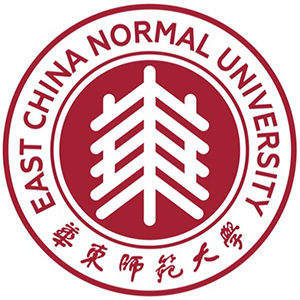a new formulation of topology optimization considering manufacturing processes via pdes
报告人简介
prof. takayuki yamada, born on april 1984, is an associate professor at the university of tokyo in the department of strategic studies, institute of engineering innovation. he completed his bachelor of engineering at kyoto university in 2007. he continued at kyoto university, earning his master of engineering in 2008 and his doctor of engineering in 2010, both with accelerated completion. he began his professional career as an assistant professor at nagoya university from 2010 to 2012. during this time, he focused on developing shape and topology optimization methods for wave propagation problems. he then returned to kyoto university as an assistant professor from 2012 to 2020, where he further specialized in topology optimization methods and their various applications. from 2014 to 2016, he expanded his research internationally as a researcher at ecole polytechnique in france. in 2020, he joined the university of tokyo as an associate professor. his research continues to focus on topology optimization and its applications.
内容简介
topology optimization is a structural design method that has garnered attention for its ability to propose shapes beyond the designer’s initial conception. however, the resulting designs may sometimes include geometrically complex substructures that are impractical for industrial applications. to address this issue, it is essential to develop topology optimization methods that incorporate the geometric constraints imposed by the manufacturing process. our research group has introduced a method that incorporates these constraints using a fictitious physical model. in this study, we propose a general formulation that extends our previous work.
